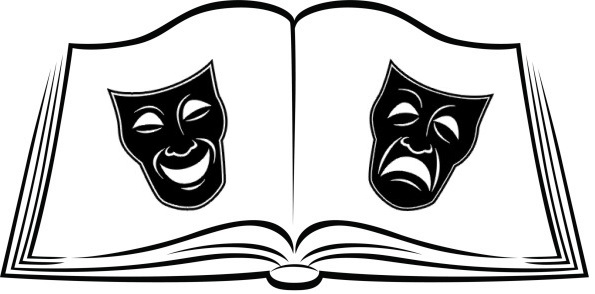 A couple of weeks ago, I wrote about the release of a study that specifically links reading books to a longer life span. Reading is good for you. Who knew? It can, however, become a little complicated once academic researchers get involved. What did you think? That it was just about picking up a book and turning the pages? Silly reader.
A couple of weeks ago, I wrote about the release of a study that specifically links reading books to a longer life span. Reading is good for you. Who knew? It can, however, become a little complicated once academic researchers get involved. What did you think? That it was just about picking up a book and turning the pages? Silly reader.
This week, the Guardian reported on a paper just published in the journal Psychology of Aesthetics, Creativity, and the Arts that found "literary fiction by the likes of Salman Rushdie, Harper Lee and Toni Morrison helps improve readers' understanding of other people's emotions... but genre writing, from authors including Danielle Steel and Clive Cussler, does not."
"This is not to say that reading popular genre fiction cannot be enjoyable or beneficial for other reasons--we suspect it is," said David Kidd, one of the researchers. "Nor does the present evidence point towards a clear and consistent distinction between literary and popular genre fiction. Instead, it suggests that the broad distinction between relatively complex literary and relatively formulaic genre fiction can help us better understand how engaging with fiction affects how we think."
Author Val McDermid had some sharp and justifiable reservations about these findings: "So it seems that this research demonstrates fairly conclusively that people who pay attention to what they read and hear are also pretty savvy when it comes to doing quizzes. Hold the front page.... Good books make us care. It really doesn't matter whether they include murderers, aliens, philosophers or kings."
 On another front, I was heartened by a New York Times column earlier this month headlined "The Merits of Reading Real Books to Your Children," in which pediatrician Dr. Perri Klass, national medical director of the program Reach Out and Read, used the release of the new Harry Potter book to examine the impact of "book-books" in kids' lives.
On another front, I was heartened by a New York Times column earlier this month headlined "The Merits of Reading Real Books to Your Children," in which pediatrician Dr. Perri Klass, national medical director of the program Reach Out and Read, used the release of the new Harry Potter book to examine the impact of "book-books" in kids' lives.
She noted that developmental behavioral pediatrician Dr. Jenny Radesky is one of the authors of an upcoming American Academy of Pediatrics policy statement on media use for children from birth to age 5. "Preschool children learn better when there's an adult involved," Radesky said. "They learn better when there are not distracting digital elements, especially when those elements are not relevant to the story line or the learning purpose."
Dr. Klass wrote: "Part of what makes paper a brilliant technology may be, in fact, that it offers us so much and no more. A small child cannot tap the duck and elicit a quack; for that, the child needs to turn to a parent. And when you cannot tap the picture of the horse and watch it gallop across the page, you learn that your brain can make the horse move as fast as you want it to, just as later on it will show you the young wizards on their broomsticks, and perhaps even sneak you in among them."
Reading book-books as good medicine. I like that.
By the way, using readers as research guinea pigs has a long, and occasionally odd, history. Here's a sampling from the archives of the New York Times:
1883. "The boys of the Polytechnic showed a decided taste for the better class. For example, Dickens is the prime favorite of 43 Polytechnic boys and with only 14 of the public school boys. Horatio Alger, Jr., has 2 admirers in the Polytechnic Institute where he has 18 at the public school."
1929. "Dr. William S. Gray made a survey of the reading habits of Americans for the American Library Association. He found that stenographers as a class are interested in inspirational, and prefer the classics to sentimental novels."
1945: A "scientific and exhaustive nationwide survey of the taste of the American reading public revealed [that]... 95% of the people read the Bible, compared with the 84% who read Forever Amber and the 57% who perused A Tree Grows in Brooklyn.... 70% of all books published are read by 21% of the people; 94% of those on the market by 50% of the people."
Impromptu survey: Are you reading for longevity? Are you reading the right sort of books? And what about the kids?!!
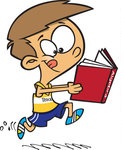 In the Telegraph, Oliver Pritchett, tongue planted firmly in cheek, added some digital age perspective: "I have been interested in the recent correspondence about the menace of people reading books while walking along the street, becoming so engrossed that they bump into each other--or into us innocent passers-by. In my experience, it is the fiction addicts who are the worst."
In the Telegraph, Oliver Pritchett, tongue planted firmly in cheek, added some digital age perspective: "I have been interested in the recent correspondence about the menace of people reading books while walking along the street, becoming so engrossed that they bump into each other--or into us innocent passers-by. In my experience, it is the fiction addicts who are the worst."
Perhaps we need a research grant to study that curious phenomenon. Reading is complicated... and it's simple. But we already knew that.










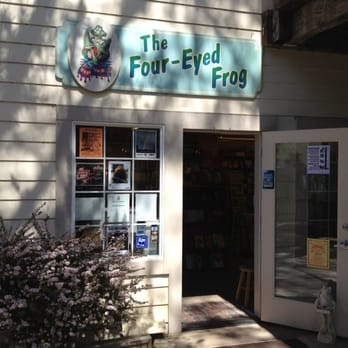

 Argo Bookshop
Argo Bookshop Xinhua Bookstore, China's largest state-owned bookstore chain, will turn 80 years old in 2017, and as that milestone approaches the retailer is
Xinhua Bookstore, China's largest state-owned bookstore chain, will turn 80 years old in 2017, and as that milestone approaches the retailer is 
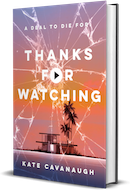
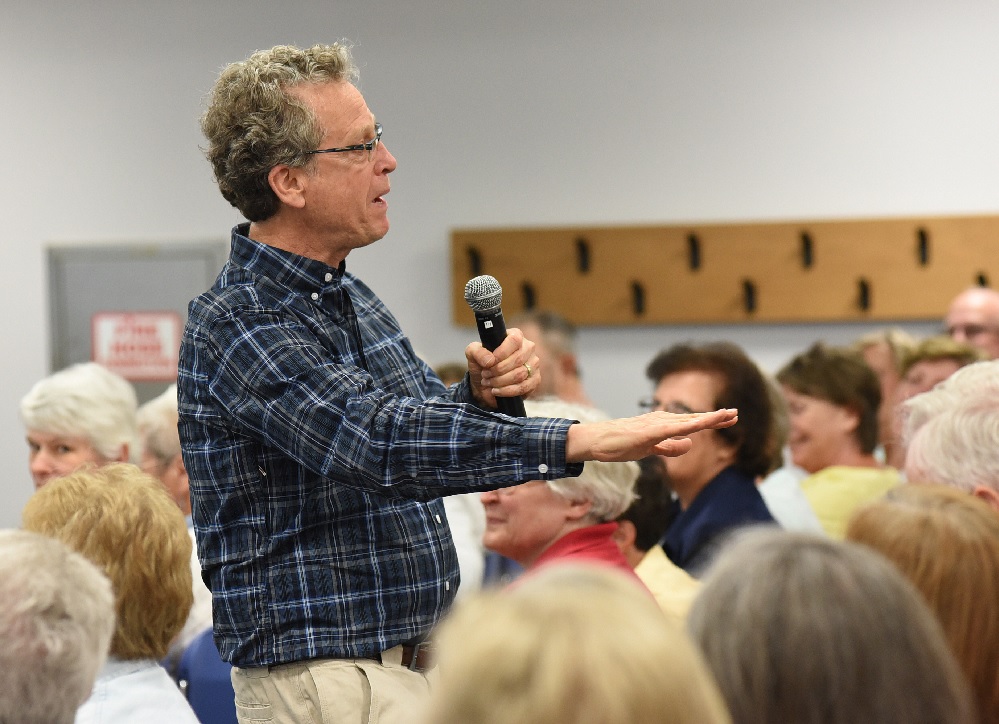
 Congratulations to
Congratulations to 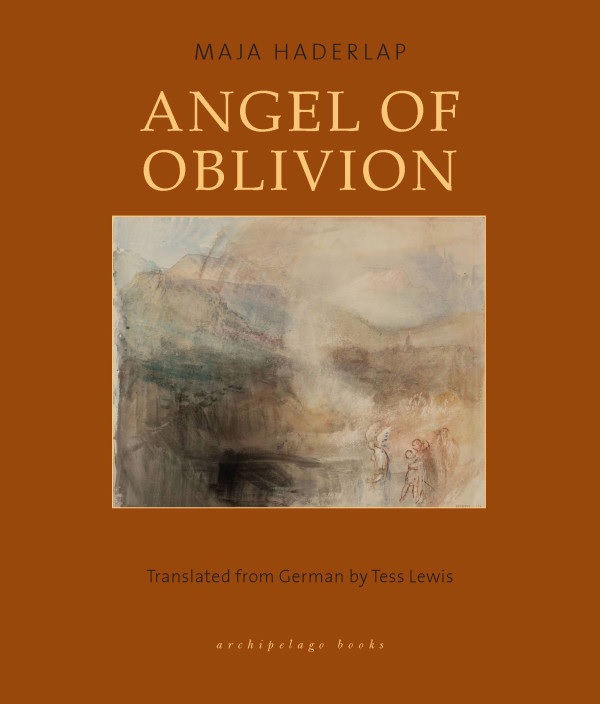 The GBO described the book this way: "Angel of Oblivion tells the story of past and present life among the Slovenian-speaking minority population in southern Austria. Influenced by the author's own life, the book follows the experiences of a first-person narrator from childhood to maturity, focusing on her quest for identity as she is caught between the Slovenian and German languages, cultures and histories. Growing up, the protagonist is dragged further into memories of the past, particularly of how her family was affected by the Nazi regime: her grandfather joined the partisans, her grandmother was interned in the concentration camp in Ravensbrück, and her father was tortured as a child."
The GBO described the book this way: "Angel of Oblivion tells the story of past and present life among the Slovenian-speaking minority population in southern Austria. Influenced by the author's own life, the book follows the experiences of a first-person narrator from childhood to maturity, focusing on her quest for identity as she is caught between the Slovenian and German languages, cultures and histories. Growing up, the protagonist is dragged further into memories of the past, particularly of how her family was affected by the Nazi regime: her grandfather joined the partisans, her grandmother was interned in the concentration camp in Ravensbrück, and her father was tortured as a child."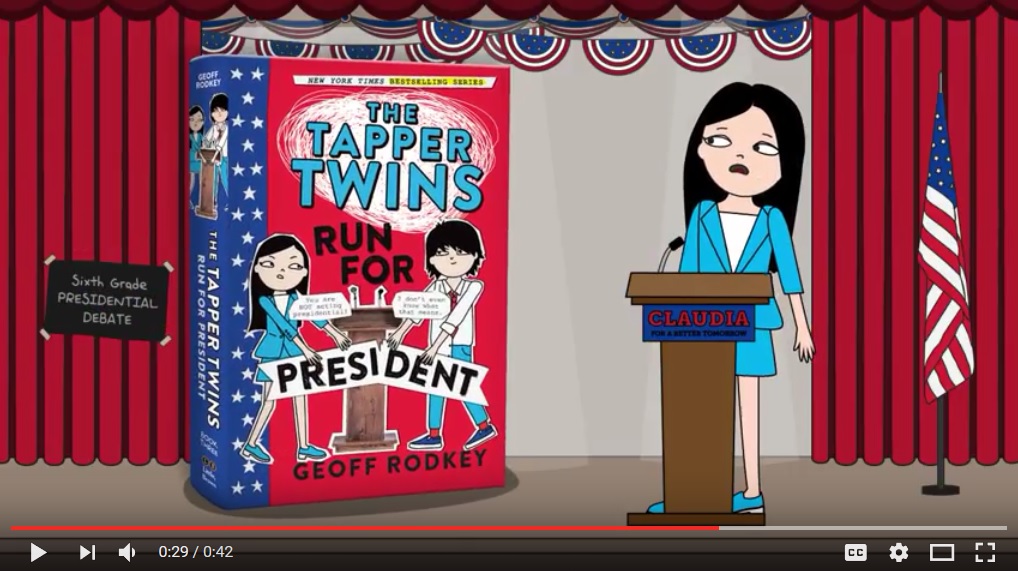 The Tapper Twins Run for President
The Tapper Twins Run for President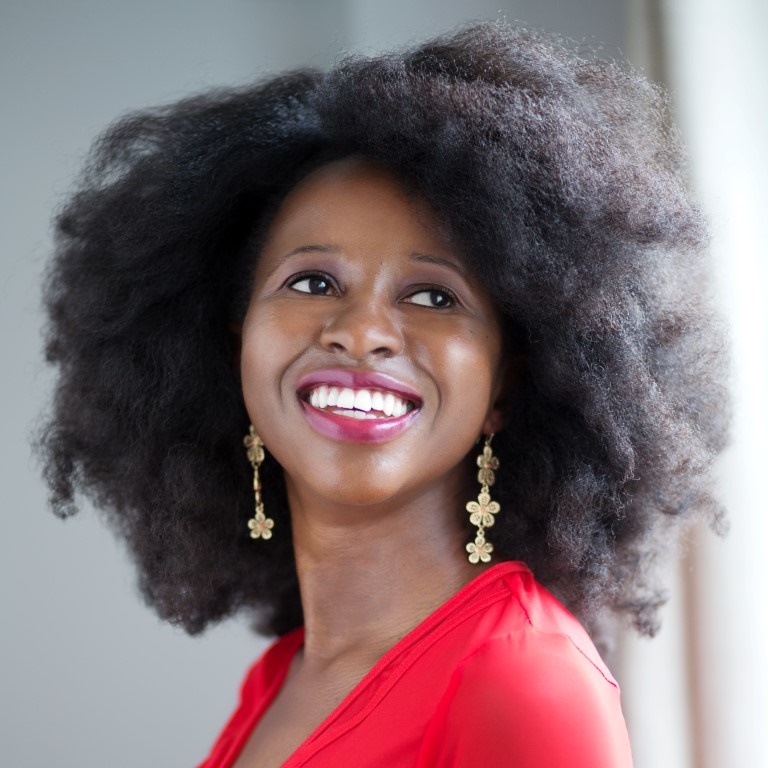
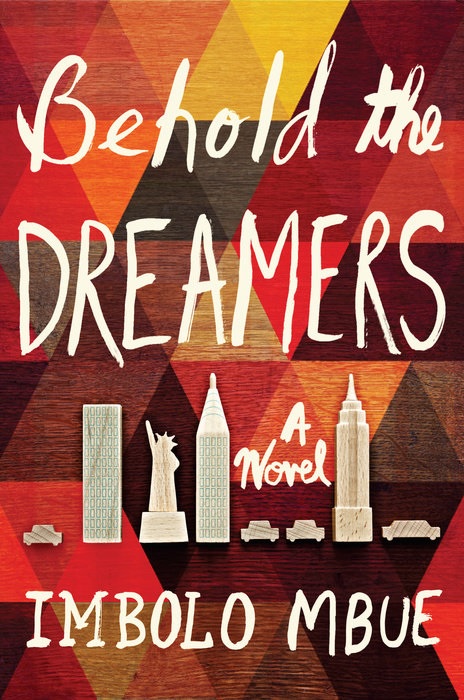 Book you're an evangelist for:
Book you're an evangelist for: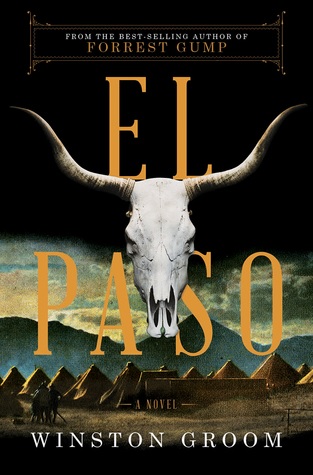 Alabama novelist and historian Winston Groom hit the jackpot when his 1986 novel Forrest Gump was turned into an Academy Award-winning movie. After that, he shifted his focus to nonfiction, exploring subjects such as the Civil War (Shiloh, 1862), military history (A Storm in Flanders), and even a history of his alma mater (The Crimson Tide). With El Paso, Groom combines his love of history with a mature talent for well-paced storytelling. Blending historical figures and events with fully formed fictional characters, it takes the early unconventional style of Forrest Gump to a richer, more rewarding level. Set along the United States/Mexican border in the early 20th century, El Paso is the saga of a Boston railroad baron's financial slide as he tries to save his family's business and its vast cattle ranch in the state of Chihuahua in the face of the nascent uprising of Mexico's populist revolution.
Alabama novelist and historian Winston Groom hit the jackpot when his 1986 novel Forrest Gump was turned into an Academy Award-winning movie. After that, he shifted his focus to nonfiction, exploring subjects such as the Civil War (Shiloh, 1862), military history (A Storm in Flanders), and even a history of his alma mater (The Crimson Tide). With El Paso, Groom combines his love of history with a mature talent for well-paced storytelling. Blending historical figures and events with fully formed fictional characters, it takes the early unconventional style of Forrest Gump to a richer, more rewarding level. Set along the United States/Mexican border in the early 20th century, El Paso is the saga of a Boston railroad baron's financial slide as he tries to save his family's business and its vast cattle ranch in the state of Chihuahua in the face of the nascent uprising of Mexico's populist revolution. 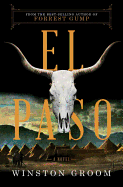
 A couple of weeks ago, I wrote about the release of a study that specifically links
A couple of weeks ago, I wrote about the release of a study that specifically links  On another front, I was heartened by a New York Times column earlier this month headlined "
On another front, I was heartened by a New York Times column earlier this month headlined " In the Telegraph, Oliver Pritchett, tongue planted firmly in cheek, added some digital age perspective: "I have been interested in the recent correspondence about the
In the Telegraph, Oliver Pritchett, tongue planted firmly in cheek, added some digital age perspective: "I have been interested in the recent correspondence about the